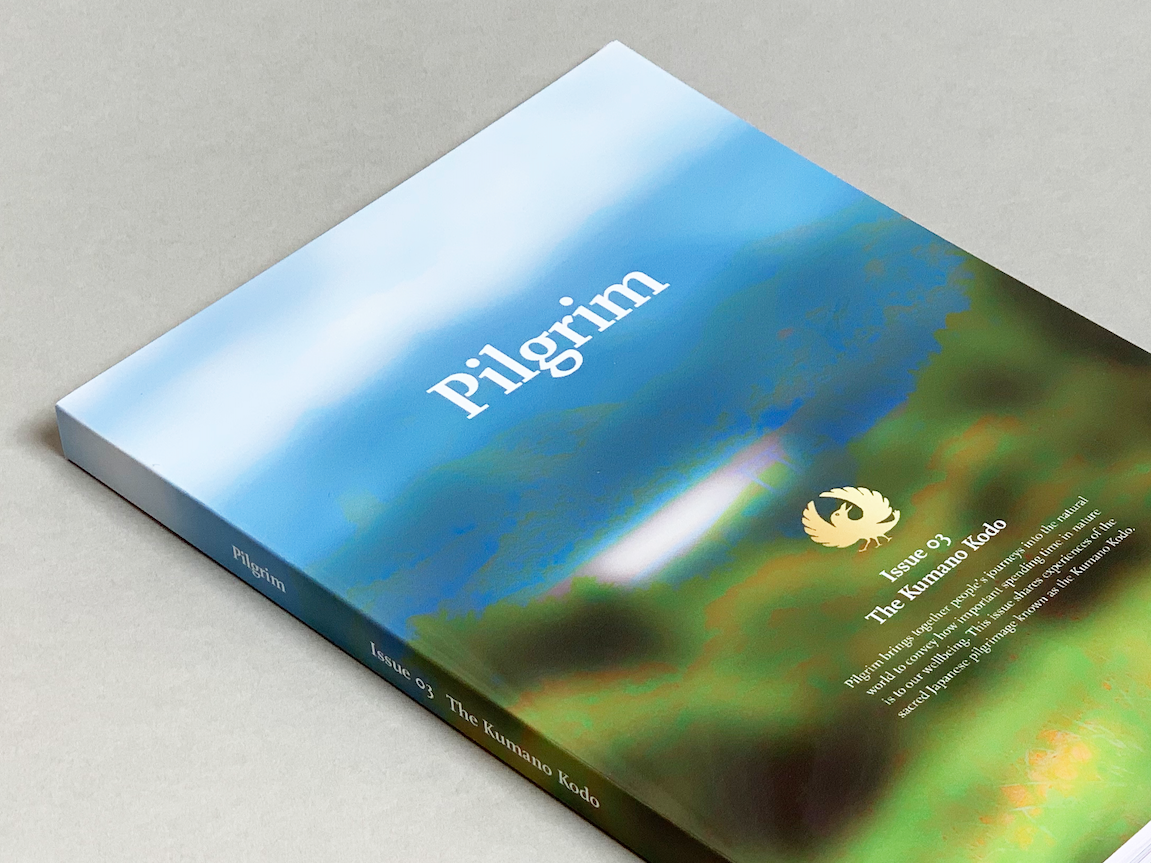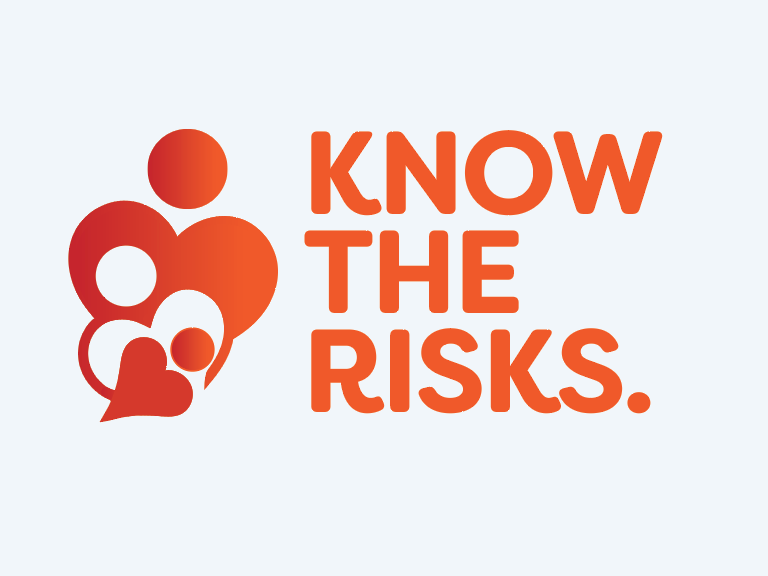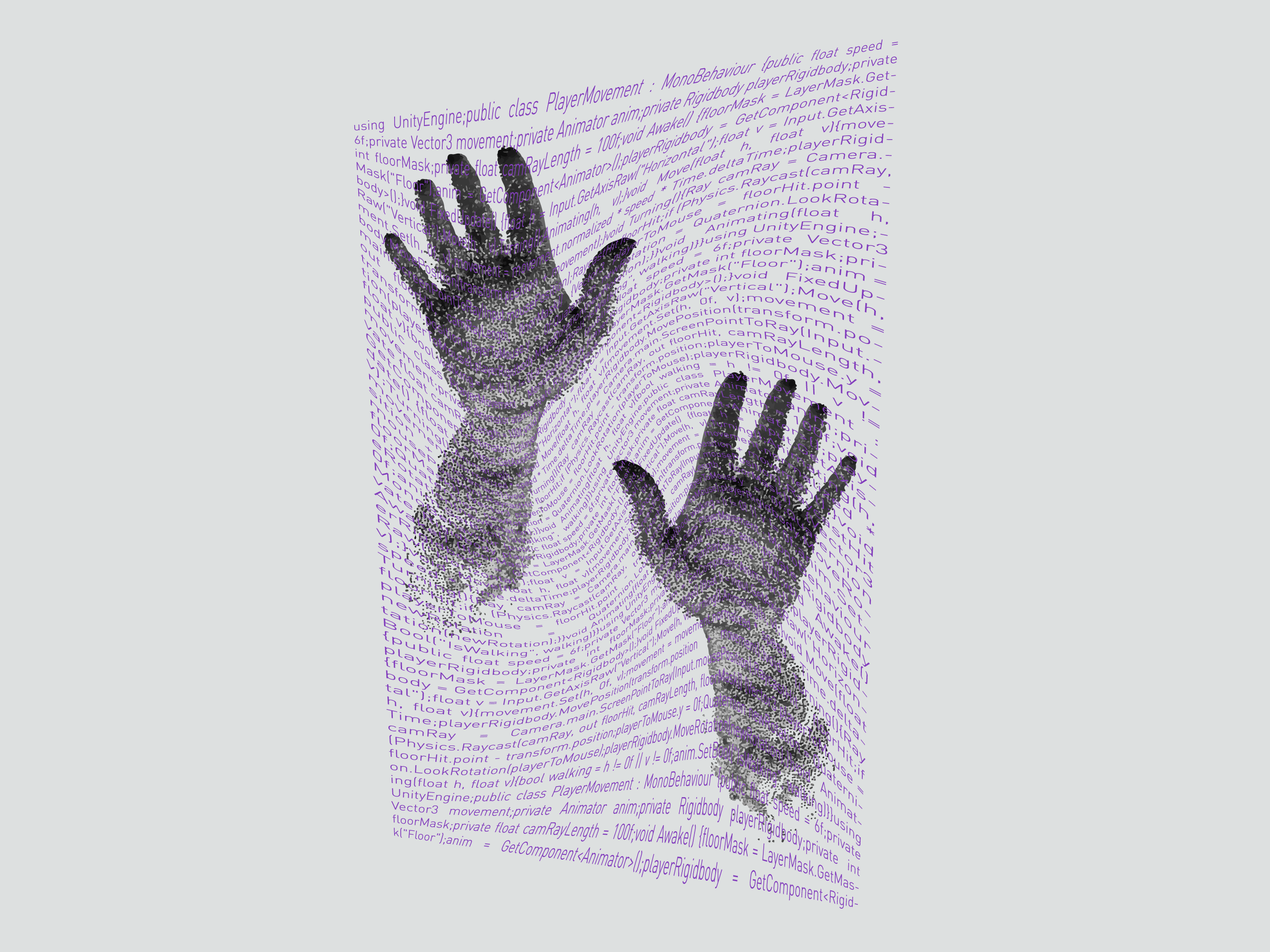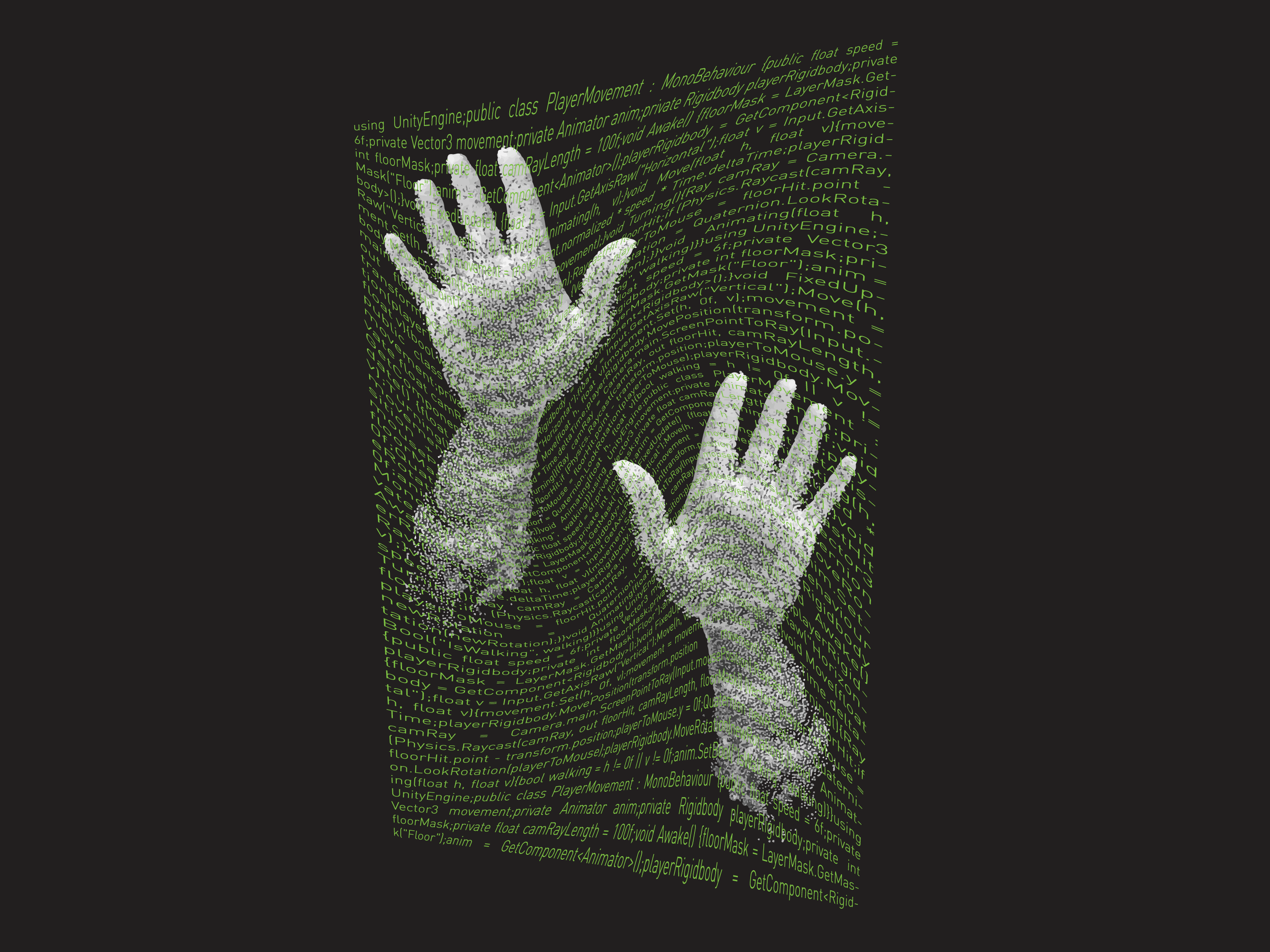Speculative design futures
World building
User experience design
Product design
Interaction design
Research
World building
User experience design
Product design
Interaction design
Research
Team
Stacey O'Carroll
Iseult O'Maonaigh
Stacey O'Carroll
Iseult O'Maonaigh
Timeline 5 weeks
In 2040, autoimmune diseases have been speculated to become more prevalent. Factors that can trigger the emergence of an autoimmune disease include poor diet, over sanitisation and environmental triggers (viruses, bacteria, medications, pollutants, hormones, stress.)
Autoimmune diseases require frequent, inconvenient and expensive lifelong treatment. Symptoms can vary widely from person to person, even if they suffer from the same disease. Frequent hospital visits are attributed to monitoring the progression/regression of the disease and adjusting medication and treatment accordingly. This could feasibly be done at home in 2040 to an advanced level.
Muno offers a better quality of life by accurately monitoring a person's autoimmune disease. It can adjust medications, give nutritional guidance and keep accurate data for the user's doctor
to review. As a result, patients only need to visit hospital for acute care. Treatment is personalised, convenient and preventative.
By empowering the patient in their lifelong journey, Muno alleviates pressure and expenses a healthcare system can face.
to review. As a result, patients only need to visit hospital for acute care. Treatment is personalised, convenient and preventative.
By empowering the patient in their lifelong journey, Muno alleviates pressure and expenses a healthcare system can face.
Testemonial from Muno User
The United Nations estimate that 1.4 billion people will be over 60 years old by 2030. An ageing population places an additional demand on the funding and sustainability of public healthcare provision. Increasing life expectancy brings the challenge of placing research focus on preventative services, interventions and support mechanisms, which favour and place emphasis on living healthier into older age.
For research, world-building and UX/UI documents, see this Miro Board













